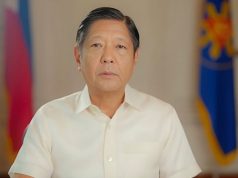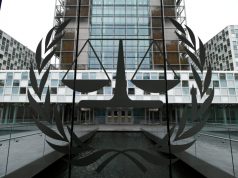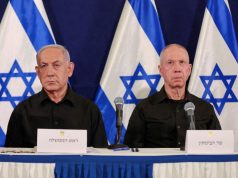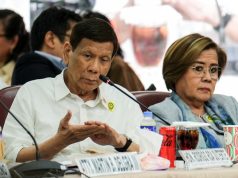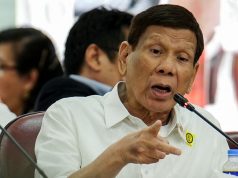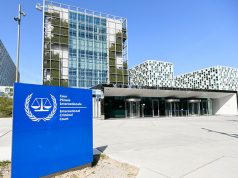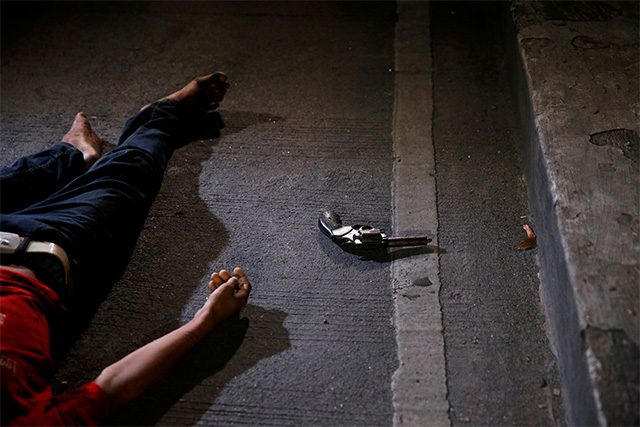
THE HAGUE (Updated June 15, 2021; 8:59 a.m.) —The prosecutor of the International Criminal Court asked it on Monday for authorization to open a full investigation into drug war killings in the Philippines, saying crimes against humanity could have been committed.
According to Philippines government data, from the time President Rodrigo Duterte took office in 2016 until the end of April this year, security forces killed 6,117 drug dealers in sting operations.
Rights groups say authorities have summarily executed drug suspects, but police say drug dealers fought back violently.
“I announce that the preliminary examination into the situation in the Republic of the Philippines has concluded and that I have requested judicial authorization to proceed with a (formal criminal) investigation,” ICC chief prosecutor Fatou Bensouda said in a statement.
Bensouda had said last December that there were reasonable grounds to believe crimes against humanity had been committed during Duterte’s bloody anti-narcotics crackdown, whose death toll has stirred international outrage.
In an address recorded this week before the news of Bensouda’s request broke, Duterte called on human rights organizations to take a closer look into his war on drugs.
“You would notice that there are really persons who die almost daily because they fought back,” he said, warning drug dealers: “Do not destroy the country. I will kill you.”
The Philippines Justice ministry declined to comment on the announcement from the ICC in The Hague.
Bensouda, in concluding her preliminary inquiry in December last year, said there was a “reasonable basis to believe that the crimes against humanity of murder, torture (…) and other inhumane acts were committed” between 2016 and 2019.
Many people killed in Duterte’s crackdown had been on a drug watch list compiled by authorities or had previously surrendered to police, while a significant number of minors were victims, Bensouda’s office said in a report six months ago.
Human rights groups accuse Duterte of inciting deadly violence and say police have murdered unarmed suspects and staged crime scenes on a massive scale. Police deny this and Duterte insists he told police to kill only in self-defense.
Under the ICC statute, the prosecutor must ask judges for permission to open an official investigation into alleged crimes. The tribunal’s judges have up to four months to issue a decision on such a request.
In March 2018, Duterte canceled the Philippines‘ membership of the ICC’s founding treaty just weeks after Bensouda announced the preliminary examination was underway. He said the ICC was prejudiced against him.
Under the ICC’s withdrawal mechanism the court keeps jurisdiction over crimes committed during the membership period of a state, in this case between 2016 and 2019 when the Philippines‘ pullout became official.
—Reporting by Stephanie van den Berg in The Hague, Karen Lema and Neil Jerome Morales in Manila Editing by Mark Heinrich




